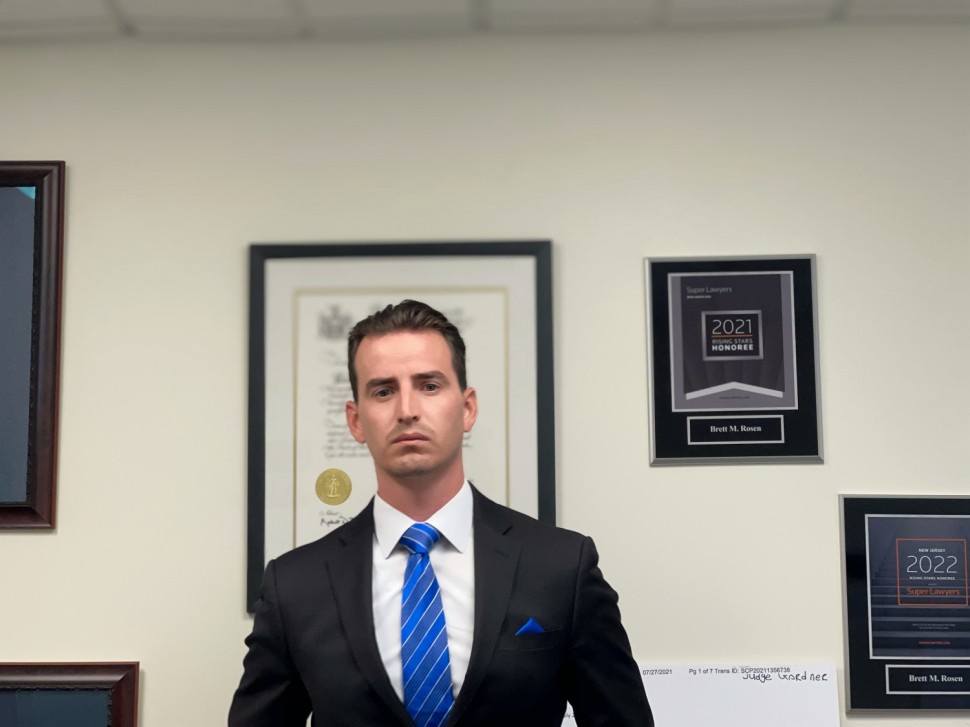
Ever since ChatGPT was made available to the public, its potential to transform professions and industries has been one of the hottest topics. Positions in customer service, marketing, and tech development are examined for their suitability for partial or even full automation. The legal professions weren't exempt from inquiry, either, with paralegals and legal assistants seen as those who'll feel the most change with further implementations of artificial intelligence.
Still, when it was reported that ChatGPT's new version passed the bar exam, this milestone provoked both intrigue and apprehension within the legal community. The question on everyone's mind suddenly became simple: does passing a bar exam indicate that AI can fully substitute human lawyers?
Brett Rosen, a trial lawyer who's been making waves in the New Jersey legal community, doesn't see it happening anytime soon.
"At the end of the day, jury trials will still happen even though they're less common," he explains. "You need someone personable. There are not going to be 12 robots on the jury. This will be 12 people, and they will want a story; they want to relate to this person. You have to convey that message or that story. A robot will never be in the middle."
Brett Rosen's sentiment that the human element in law is irreplaceable is rooted in his own experiences as a trial lawyer. In a recent case involving a Grammy-award-winning artist facing drug charges, Rosen successfully navigated the complexities of the case to enroll his client in a pre-trial intervention and, in another case, convince the prosecutor to amend a drug charge to a non-criminal offense.
"I repped a celebrity for a domestic violence case. She had a temporary restraining order placed against her," Rosen says. "If it went forward and the judge found that a final restraining order was necessary, she would be fingerprinted, photographed, fined, and placed into a domestic violence registry. I successfully got the restraining order dismissed before it went to trial on a final restraining order."
Rosen's role in these cases involved an intricate dance of negotiation, persuasion, and knowledge of the human tendencies of prosecutors and judges—a dance that an AI may struggle to keep pace with. It brings to light the critical point that legal professionals aren't just practitioners of law; they're storytellers, advocates, and counselors who guide clients through complex legal and personal journeys. This is a level of empathy and personal connection that AI is far from mastering.
AI can struggle with ambiguity and complex decision-making. Legal cases are rarely black-and-white and often involve nuanced judgments based on a myriad of factors. While AI excels at processing clear-cut information, it may not do well with the need for subjective interpretation that is often inherent in legal cases.
So, while AI, as represented by ChatGPT, has made impressive strides in the legal field, it is unlikely to replace human lawyers fully in the foreseeable future. AI can certainly act as a powerful tool to aid lawyers in their tasks, enhancing efficiency and precision. Rosen agrees, seeing the potential ChatGPT has to make their jobs easier in certain aspects.
However, the nuances of human interaction, empathy, and the ability to handle ambiguity—all fundamental aspects of legal practice—ensure that human lawyers will remain indispensable for the foreseeable future.




